science
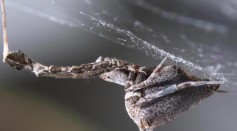
Ever Wonder How Spiders Spin Such Long Webs? Researchers at Oxford Use Microscopy to Find the Answer
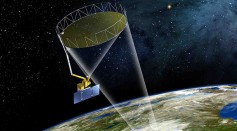
NASA Climate Research Satellite Launch Postponed Due to Fast Winds
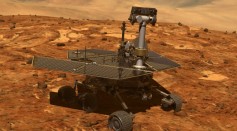
Opportunity Rover Celebrates 11 Years on Mars

Pediatricians Weigh In On Medical Marijuana for Kids

Google’s Eric Schmidt Predicts the Internet Will Disappear

SMAP Craft Set to Move to Launch Pad

eSight Glasses Give Blind Mother New Sight & The Ability to See Her Son for the First Time

Researchers Discover Dimming Switch on a Quasar

Evidence of Water Flows Found on Vesta
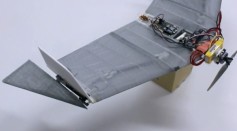
Bat-Like Bot May Soon Fly Its Way Into Space—The New Drone Frontier

NASA Scientists Mystified by White Spot on Ceres
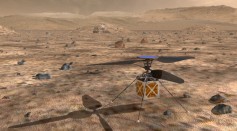
Could the Skies of Mars One Day Be Filled with Drones

Scientists Discover Life 2,500 Feet Below Antarctic Ice
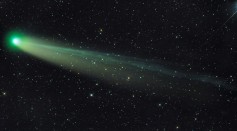
So Long Lovejoy, See You in 8,000 Years
Most Popular

AI Revolution in Medical Education: Transforming How Healthcare Professionals Learn

China’s Tiangong Space Station to Expand Its Capabilities With New Modules

Exploring Life Beyond Earth: Study Claims Other Planets Could Be Suitable for Alien Life

Out of Office, Not Out of Mind: Planning for Employee Holiday Absences






